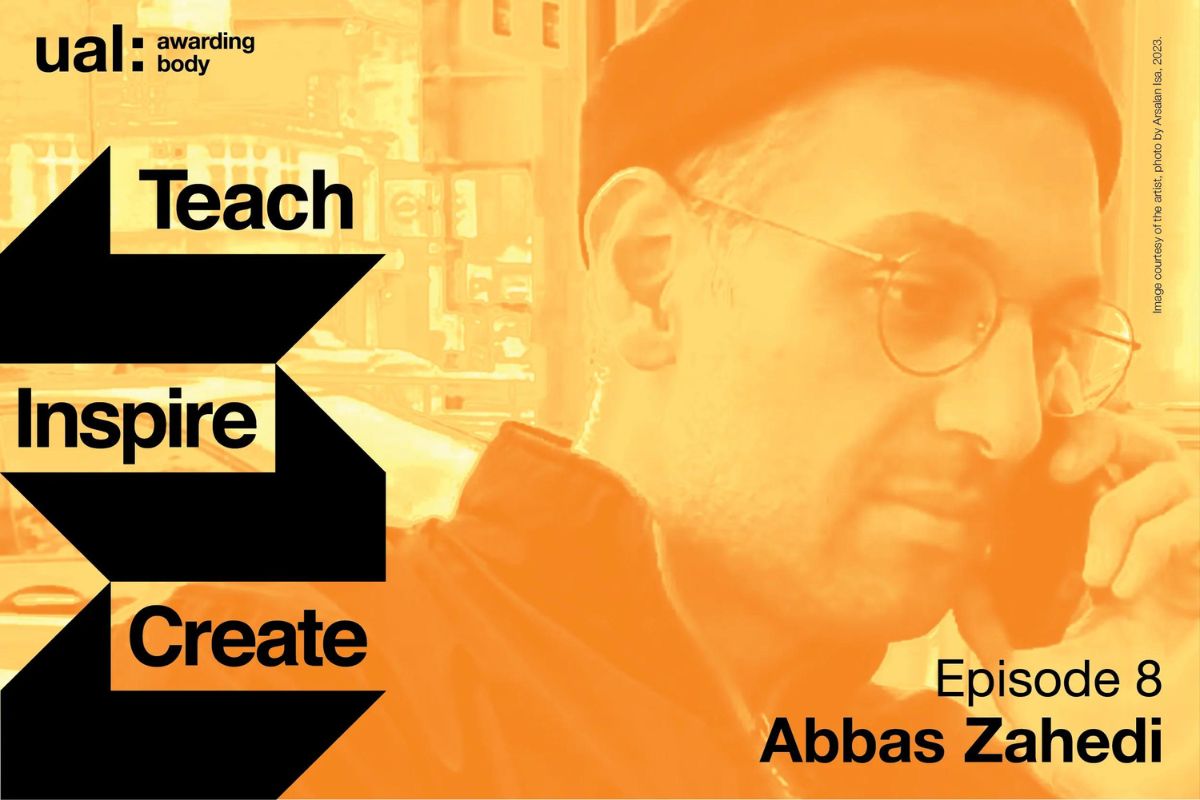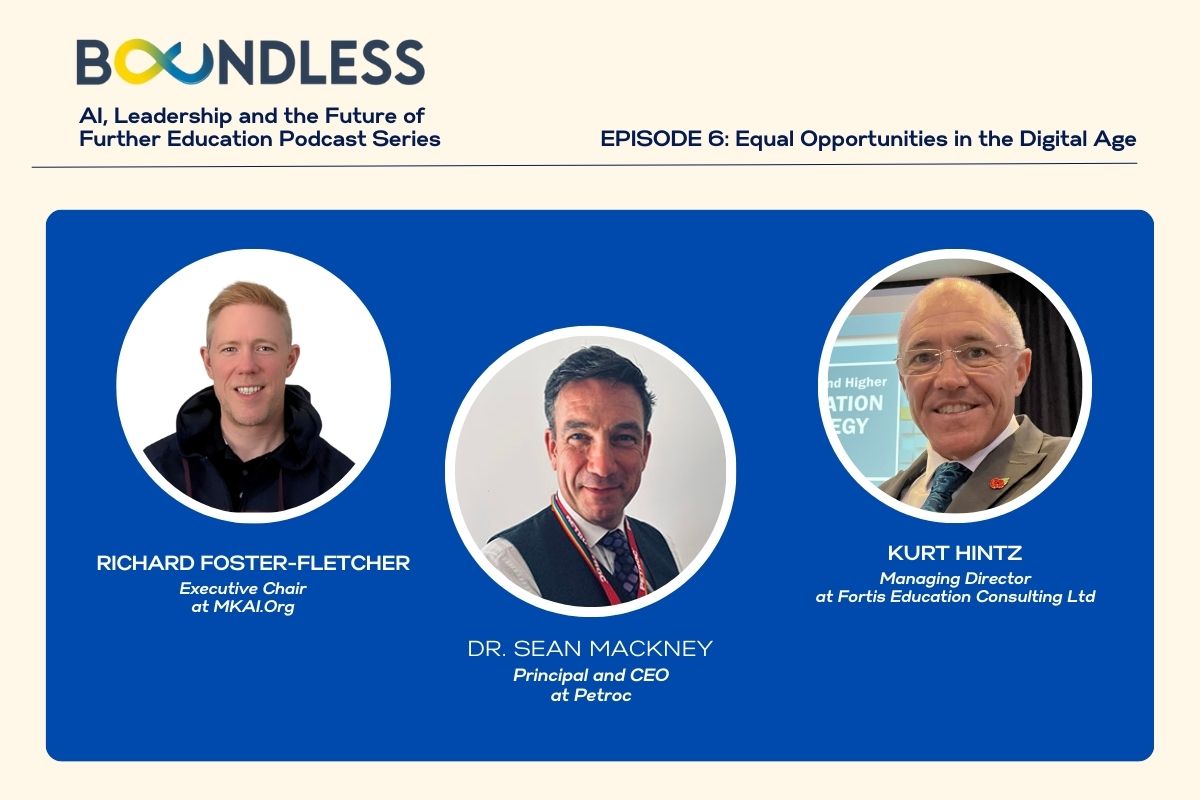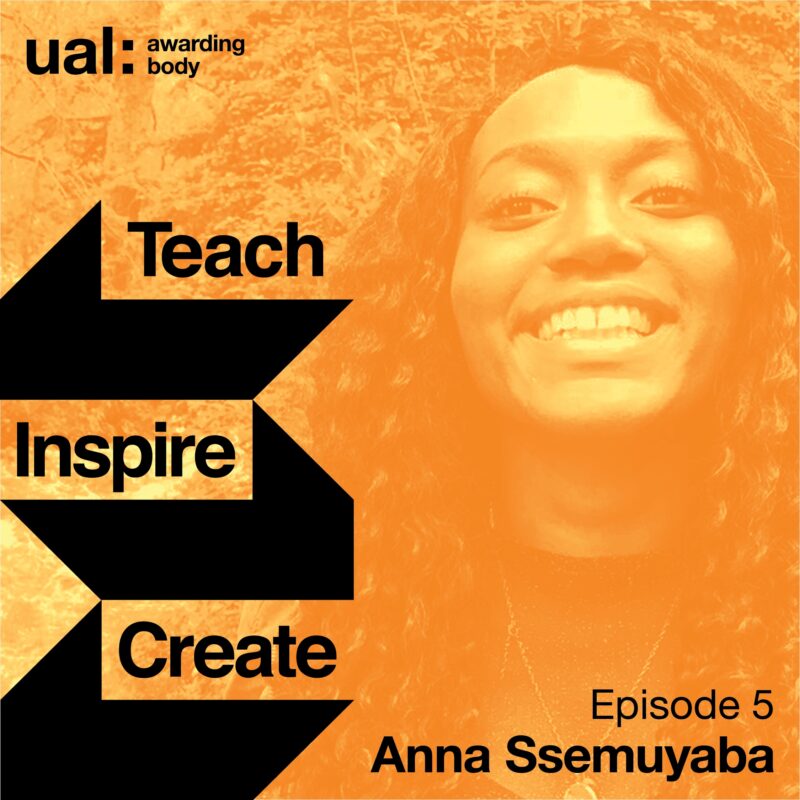We need a different vision of how learning benefits – Dr Graeme Atherton speaks to FE News about the Lifelong Learning Commission

Talking to FE News at this year’s Labour Party Conference, Dr Graeme Atherton, Director, National Education Opportunities Network, shares his thoughts on the Lifelong Learning Commission and where its priorities should lie:
Why do we need a Lifelong Learning Commission?
Well, I think what we’ve seen, not just in the past 10 years, but the past 30 years really is that Lifelong Learning has not advanced in this country as it needs to.
The ideas that we have around “what learning is” need to change.
We need really a step change in how we will prepare ourselves for a different society in the 21st century, not just economically, but socially as well.
A commission that brings together those who have ideas in this area, who can change and have influence, will I think hopefully try and reset what we understand learning to be. I think that’s the function role of a commission like this.
Next, Labour’s Lifelong Learning Commission by @ucu & @NEONHE. @mattwucu cites impact of Graeme Atherton’s admissions work (PQA) in achieving “a new consensus”(!). Atherton highlights tech opps. @GordonMarsden, @ZamzamMCR, and Douglas Chalmers @presidentucu chairing #Lab19 pic.twitter.com/UwUCR5a6kg
— Louis M M Coiffait (@LouisMMCoiffait) September 23, 2019
Transforming our adult education system
I think what the commission needs to do is put in place the necessary arguments, and necessary positions in their report that can reframe learning from being something that is primarily economic in terms of benefits to social, which includes economic as well.
We need to reframe learning so that what we see as the benefits of learning are promoting wellbeing and advancement in society for all people, and not just the economic progression of some people.
I think it’s that overall reframing that’s really important. Once we get that different vision of learning right, behind that the policies will follow. Most important thing the commission can do, in my view, is really to push those ideas forward.
What we see in the past is commissions that have really remained in that position, where they see the value of learning as being primarily economic, but also on the side social benefits and social values as well.
To live in the 21st century, there’s some really big challenges you have to confront about not just what the purpose of learning is, but what the purpose of our society is. You see challenges in climate change, challenges in automation.
Learning has to be part of the solution to those challenges, but it won’t be if we keep adult learning particularly, in that narrow frame of just economic benefit.
The commission needs really to push forward those different sorts of ideas, if it doesn’t start with those ideas it won’t get the sort of policies behind them we all need.
We talk a lot about the need for greater funding for further education and greater funding for adult learning, but fundamentally, the problems in that funding are if the purposes of that kind of learning are not those recognised by policy makers.
Therefore, when it comes to debates about funding, what we see is that those forms of learning are not going to get prioritised over forms of learning which appear to have greater economic value which are prioritised.
We have to think broadly about what we think learning is. We know that adult learning is fundamentally also about economic progression, it’s also about social progression. It’s about the benefits to communities, individuals, those who possibly want to see greater benefits and progression in their lives. I think that fundamentally is what the commission needs to do, it needs to reframe, that vision and purpose of learning.
Responsibility for funding lifelong learning
I think primarily the government is lead on these issues. As to which learning or what forms of learning are funded by an individual, or by employers, there’ll be a balance of different forms of learning. It’s very important that the government takes that lead as the primary funder of learning, that’s not the sole funder of learning.
As the government takes that lead remembering when the government is doing that, the government is investing funds that are brought in from the whole of society, investing taxpayer’s income. The government and the state do not exist outside of society, it’s not an action outside of that, it’s investing all our own resources anyway. So, I think individuals are investing, but investing through their taxes through government etc.
I think that the final responsibility for funding must come from the state.
Then we have to look at different forms of learning, a balance between funding from the state, funding from the individual, funding from the employer. As we see different forms of learning we’ll see those balances change.
It’s important the state sees itself as the primary funder of learning. I think that’s been eroded, that view in the past 10 years. That’s important, I think the commission also has put that view back at centre stage for policy makers.
Dr. Graeme Atherton, Director, NEON (the National Education and Opportunities Network), a professional organisation for widening access to higher education in England, Wales and Northern Ireland.










Responses